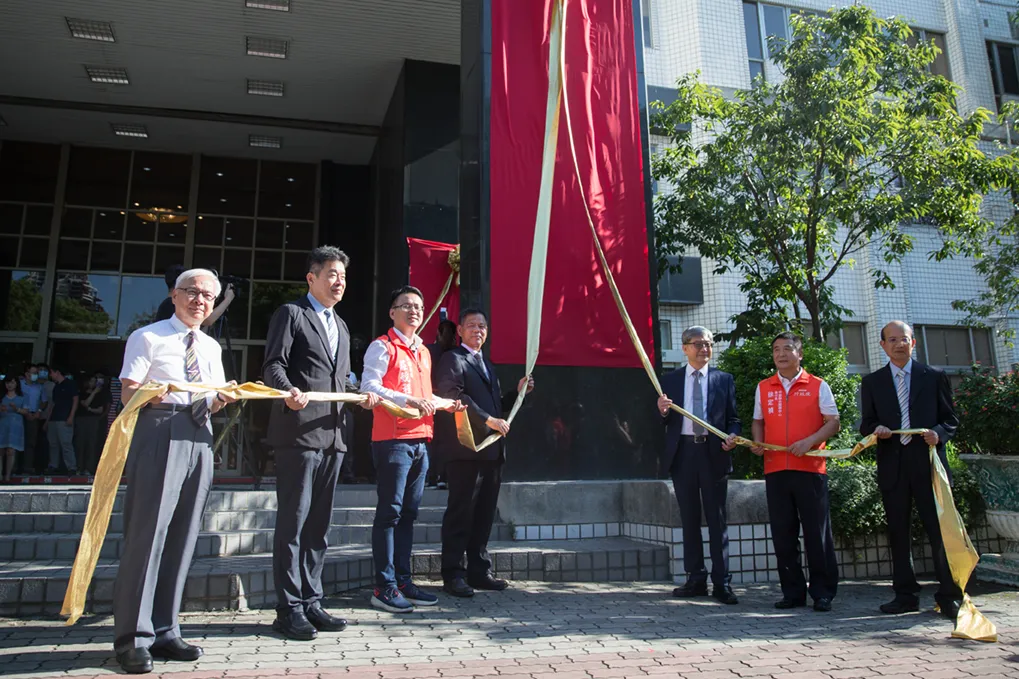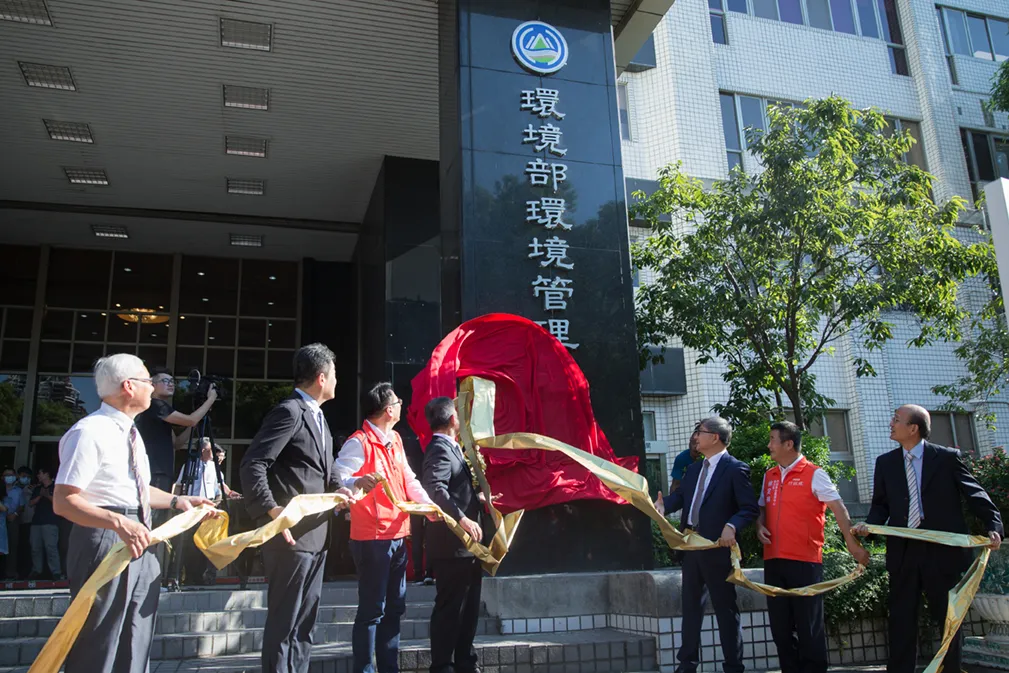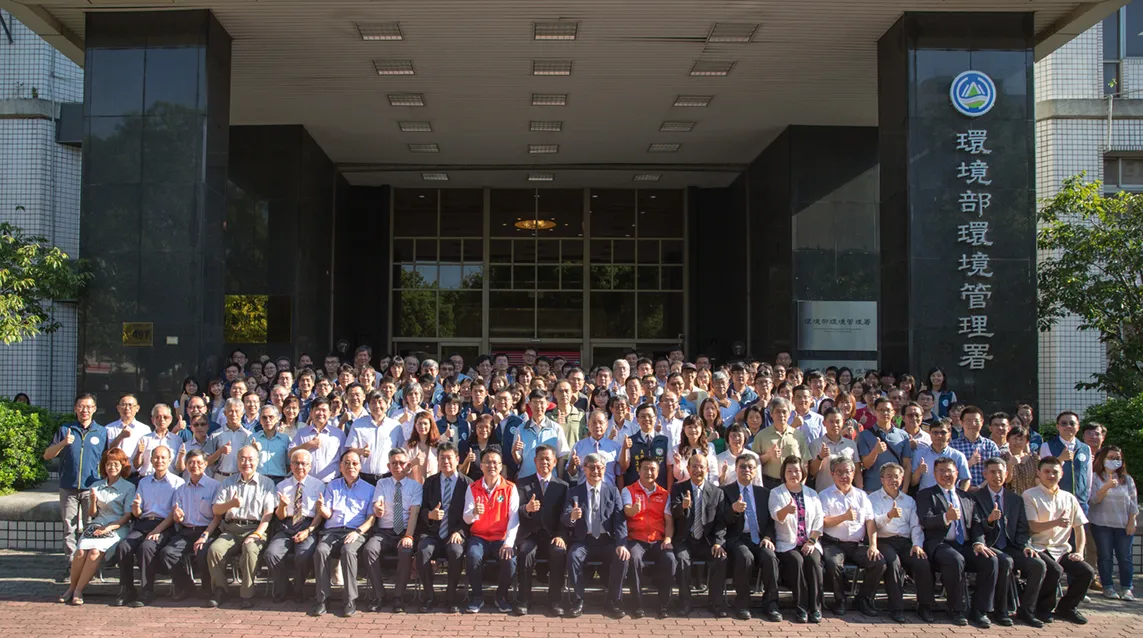 Introduction to EMA
Introduction to EMA
The Taiwan Provincial Government upgraded the Environmental Protection Bureau to the Department of Environmental Protection on January 15, 1988. In coordination with re-engineering of governmental organizations, the department was reformed as the Environmental Protection Administration (EPA) Office of Central Taiwan in July 1999 and was annexed to the EPA in March 2002 and reorganized as the EPA Inspectorate. Its main responsibilities include promoting general waste management policies, supervising general waste treatment facilities, inspecting environmental pollution cases, and investigating environmental crimes. Moreover, since 1980, Taiwan has had issues relating to soil and groundwater pollution caused by the improper treatment of industrial wastewater, waste, and air pollution. Therefore, the Ministry of Environment (MOENV, formerly the EPA) developed environmental regulations related to soil and groundwater. The "Soil and Groundwater Pollution Remediation Act" was promulgated by the president on February 2, 2000, under which the Soil and Groundwater Remediation Fund was established.
The Legislative Yuan passed the "Organization Act of the Environmental Management Administration, Ministry of Environment" on May 9, 2023, which was promulgated by the president in the same year. On August 22, 2023, the former EPA Inspectorate and the Soil and Groundwater Remediation Fund were combined to form the Environmental Management Administration (EMA), breaking existing organizational frameworks on the principles of "streamlining the organization," "increasing administrative efficiency," "establishing a dynamic government," "promoting policy formulation and implementation," and "restructuring existing resources, enhancing waste processing capacity, and creating a high-quality environment."The EMA's goals include" introducing the concept of regional environmental governance, promoting digital technology and intelligent management, establishing proper waste disposal practices, unifying the authority for policy and legal enforcement, constructing livable cities with a high-quality environment, implementing people-centric cleanliness and care, and ensuring the sustainable management of soil and groundwater.



- Data Source: Personnel Office
- Publish Date: 2024-09-03
- Update Date: 2026-02-12
